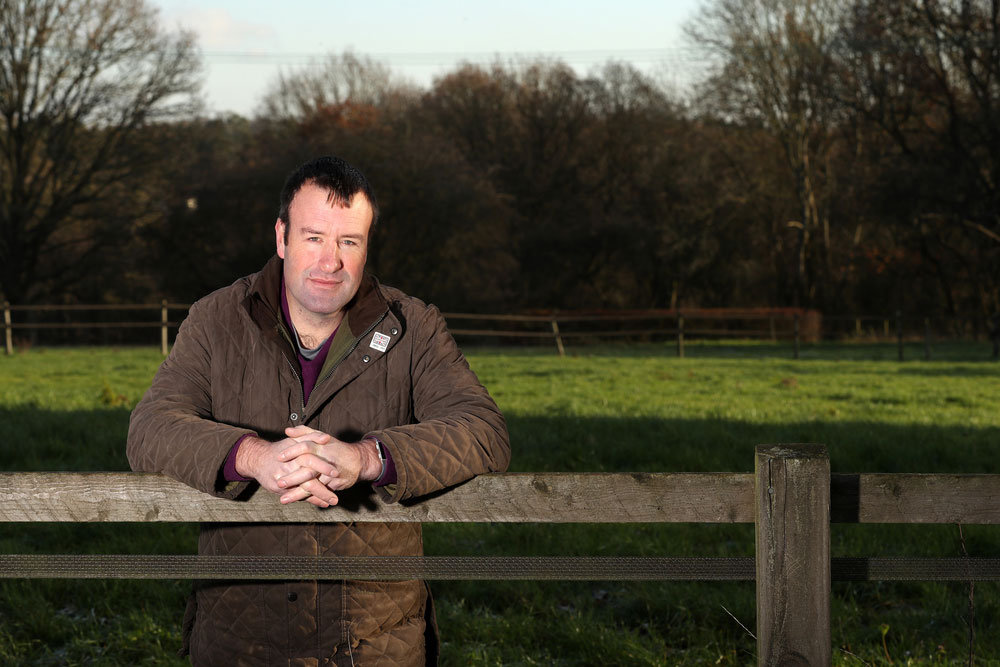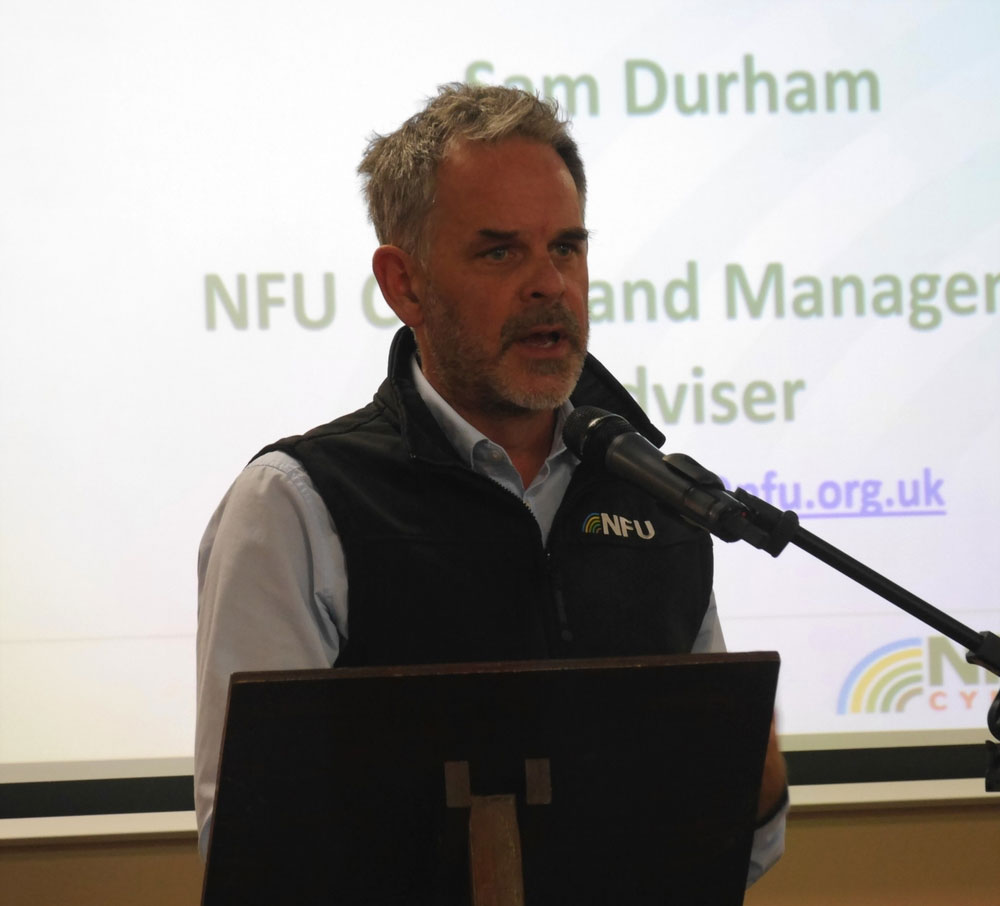At a roundtable meeting, held on Thursday 3 September between the NFU, Defra, Home Office, police and other rural organisations, the NFU continued to press for legislative change that would make it easier for police to catch and prosecute criminals.
As farmers reach the end of harvest, hare coursers will once again appear on remote farmland to carry out this illegal activity. Changes to the archaic 1831 Game Act is a simple example of bringing legislation into the 21st Century and making it fit for purpose.
Currently, legislation relating to hare coursing does not consistently give police and courts full seizure and forfeiture powers for dogs and vehicles, which are crucial elements of this illegal activity.
They also cannot recover kenneling costs when dogs have been seized, and fines are capped at low levels. Amending the law on hare coursing to give police and courts these powers would be a significant boost to properly enforcing the law and making it more difficult for criminals to reoffend.
NFU Deputy President Stuart Roberts said:

“The impacts of rural crime are not simply financial for a farmer, they are emotional and can have long-lasting effects on farming families. We must remember that farms are not just places of work, they are homes too.
“I am consistently hearing from farmers that rural crime is on the rise and getting worse. Whether it is mass hare coursing events or industrial scale fly-tipping, it is clear that organised criminals are behind these acts.
“It’s about time the government gave rural crime the attention that it deserves and it is shameful that one of the crucial laws intended to combat rural crime is centuries old. Simple changes to legislation could give the police the power they need to properly enforce the law and crack down on rural crime.”
NFU chief land management adviser Sam Durham, who attended the roundtable, said:

“The end of harvest time should be a celebration for arable farmers but instead it marks the beginning of the hare coursing season, which brings with it threats of violence and intimidation.
“We heard from the police at the roundtable that the tools at their disposal are simply unsuitable and that there needs to be a change to the law to make a real difference. If there is to be lasting change when it comes to tackling rural crime, it needs to come in the form of legislation that will help the police, not hinder them.
“It has been three years since the NFU highlighted many of these issues in its Combatting Rural Crime Report and many farmers are reporting they have seen little change in that time. We’re pleased that Defra and the Home Office are listening to our concerns but farmers have had enough and want to see meaningful action.”
What changes need to be made?
The NFU, alongside the CLA and Countryside Alliance, is calling for the 1831 Game Act to be amended to give enhanced powers to the police and criminal justice system, including:
- Giving the police and courts full seizure and forfeiture powers for dogs and vehicles.
- Removing the existing limits on the penalties that can be imposed, which is currently a maximum £2500 fine.
- Enabling police to recover kennelling costs from offenders.
- The offence in the 1831 Game Act that the coalition is seeking to amend is ‘trespassing in pursuit of game’. Arresting suspects under this offence for hare coursing is more practical for the police as there is not a requirement for the hare coursing to be physically taking place at the point of arrest. This is unlike the Hunting Act 2004, which does include a specific offence of hare coursing but the powers are difficult for police to use in practice.
What's the cost of rural crime?
Figures from the NFU Mutual show that the cost of rural crime has reached £54 million, its highest level for eight years.
For the second year running, the theft of agricultural vehicles drove the sharp rises shown in the report, accounting for an increase of nearly 25%, to £9.3 million.
Livestock theft also increased in 2019 with the cost going up 9% to £3m, and farmers continued to be affected by rustling during the coronavirus pandemic – with initial figures suggesting an increase of nearly 15% year on year in April 2020.
Theft of tractor global positioning systems (GPS) is a major concern as farms move to using precision technology to run field operations. Typically costing £8,000 to £10,000, GPS equipment has become a highly-prized item on the shopping lists of rural thieves, particularly during the COVID-19 lockdown where smaller, high-value items appear to have been targeted to meet demand overseas.
Take action against rural crime
The ‘Rural Crime Hub’ is a one-stop shop for farmers to get information about the best prevention measures, how to report crime, including who to call, and exclusive business advice for NFU members.
Take a look at the links below to get advice and find out more:
More from NFUonline:

